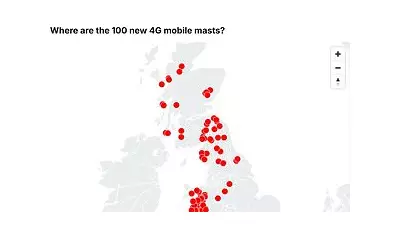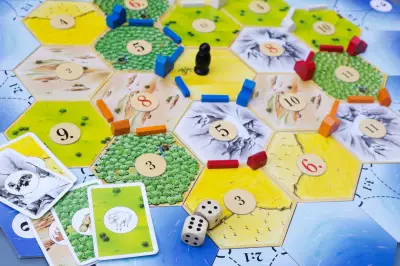
OpenAI has unveiled a significant update for its ChatGPT platform, introducing a selection of new personality types including a notably 'Quirky' option. This move is part of a broader initiative to make the artificial intelligence chatbot more engaging and personally tailored for its vast user base.
A More Personalised AI Experience
The update, announced on Wednesday, 12 November 2025, presents users with three distinct new personality modes: 'Quirky', 'Professional', and 'Candid'. These join the previously released 'Cynical' and 'Nerdy' styles. According to OpenAI, these options are a direct response to observing how people naturally interact with the model, offering a quick and intuitive way to select a conversational style that feels right.
In a blog post, the company stated it is also trialling more granular controls. Users will eventually be able to fine-tune characteristics directly from their personalisation settings, adjusting factors like how concise or warm the AI is, how scannable its replies are, and even how often it employs emojis.
Learning from Past Missteps
This push for greater personalisation comes after OpenAI faced significant user backlash earlier in the year. A previous update was heavily criticised on social media for producing a version of ChatGPT that was deemed overly sycophantic.
The company was forced to retract that iteration, admitting its "overly flattering" tone could be dangerous for some. OpenAI conceded at the time that "sycophantic interactions can be uncomfortable, unsettling, and cause distress," vowing to improve its approach.
The Broader GPT-5.1 Overhaul
The new personalities are a key feature of the wider GPT-5.1 update, which also introduces 'Instant' and 'Thinking' models. The 'Instant' model is engineered to provide warmer and more intelligent responses, while the 'Thinking' model performs faster on simple tasks and demonstrates greater persistence with complex problems.
Fidji Simo, OpenAI's head of applications, explained that the overhaul aims to move beyond a "one-size-fits-all" model for the platform's 800 million users. She noted that while some users prefer direct and neutral answers, others seek empathy and conversation. The goal is for ChatGPT to feel uniquely personal to each individual, working in a way that best suits their needs without creating a sense of a split personality.
All of the new personality types are available to every ChatGPT user and will take effect across all chats, including those already in progress.





